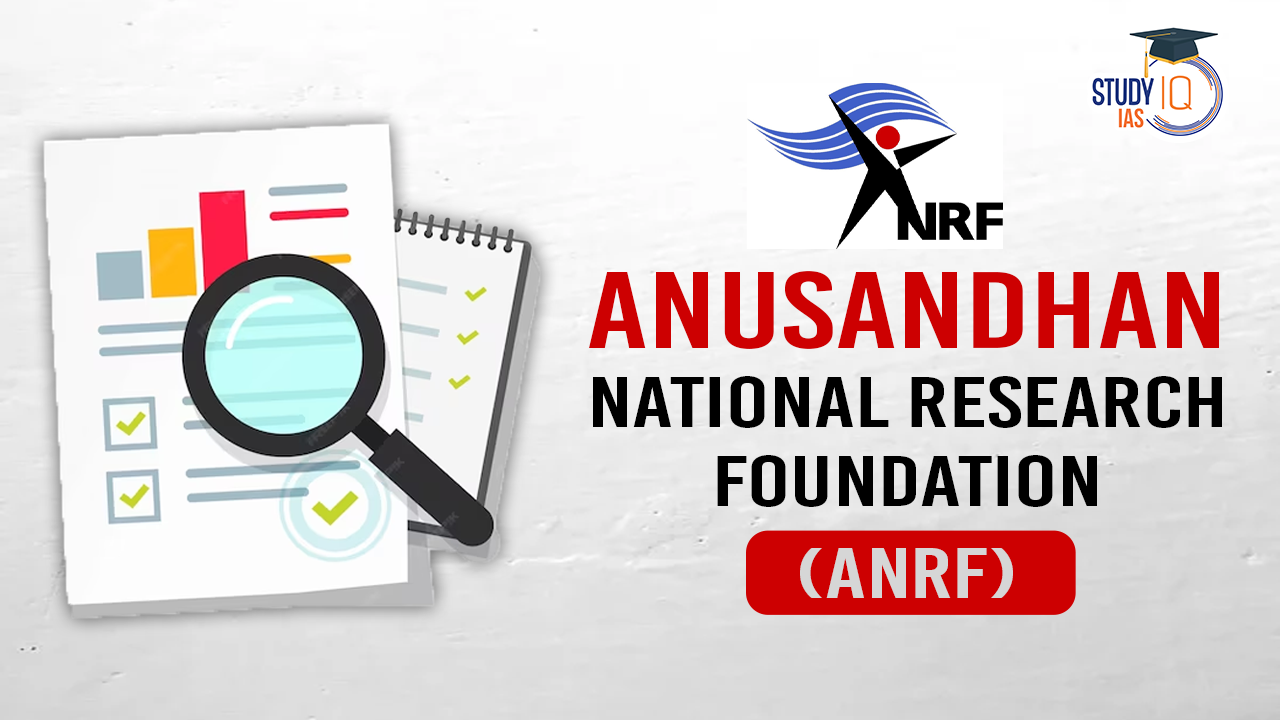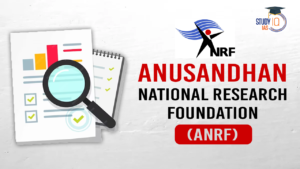
OPERATIONALISATION OF THE BHARATIYA ANTRIKSH STATION
Bharatiya Antariksh Station (BAS) will fulfil the objectives of an orbiting Indian human spaceflight platform in Low Earth Orbit (LEO). This will enable to undertake medium to long duration human spaceflight missions to LEO, as part of the sustained Indian human space program. Similar to other operational space stations, BAS will also comprise of multiple modules and state of the art technological capabilities for carrying out cutting edge scientific research and technology development activities in microgravity environment, targeted towards national priorities and societal applications.
With the recent approval of revision in Gaganyaan Programme, the scope of the program has been expanded to include precursor missions to Bharatiya Antariksh Station (BAS), including development & launch of 1st module of BAS (BAS-01). The 1st module of BAS is targeted to be launched in 2028 timeframe and BAS is expected to be fully operationalised with all modules by 2035 timeframe.





